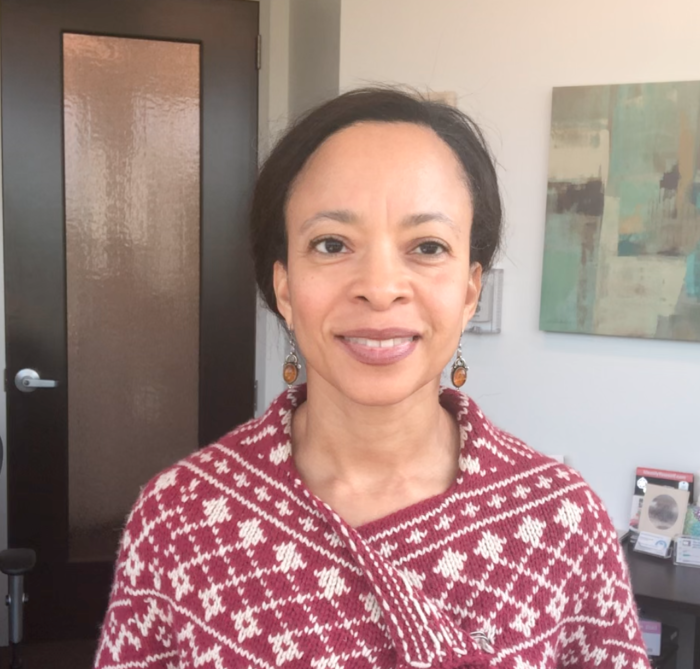By Mary Kathleen Figaro, MD
For too long, patients have been getting bumped off their physician-prescribed medication in favor of a different medication – one preferred by their insurance company. Called “non-medical switching,” the practice hurts patients, which is why the temporary suspension of its use should be considered a silver lining of the COVID-19 pandemic.

Non-medical switching isn’t motivated by the patient’s best interest. Instead, the decision is made by the insurance company to save itself money.
Physicians like me are not typically consulted prior to the change. Often, patients aren’t either. Many discover their medication has been switched at the pharmacy pick-up counter. They are bewildered to learn that an insurance bureaucrat they have never met has more say over their medication than their doctor does.
Interfering in the patient-physician relationship is an inappropriate way to cut health care costs. As a doctor, I know each of my patients, their health history and other medications they are taking. Changing medications without considering the whole patient can trigger reemerging symptoms or serious complications.
I’ve seen non-medical switching lead to unnecessary office visits and trips to the emergency department. And, as costs associated with non-medical switching mount, any savings are eclipsed. These dangerous and expensive outcomes can be avoided if patients remain on their current regimen.
Non-medical switching was common practice before COVID-19. Once the pandemic took hold though, some insurers temporarily suspended it. Perhaps they recognized that unstable patients and preventable hospitalizations were not worth the strain on the health care system or potential exposure to the virus.
But what will happen after the coronavirus is better controlled? Will insurers reinstate the harmful practice?
It’s worth noting that non-medical switching and other utilization management practices haven’t held down health care spending or policy premiums. And patients are, overall, sicker. These facts will remain even as the pandemic threat recedes.
Perhaps, then, state legislators could seize this opportunity to pass commonsense laws that limit non-medical switching. Given everything families and communities have born over the last year, patients deserve a win.

Mary Kathleen Figaro, MD, is a board-certified endocrinologist in Iowa and a member of the Alliance for Patient Access.

